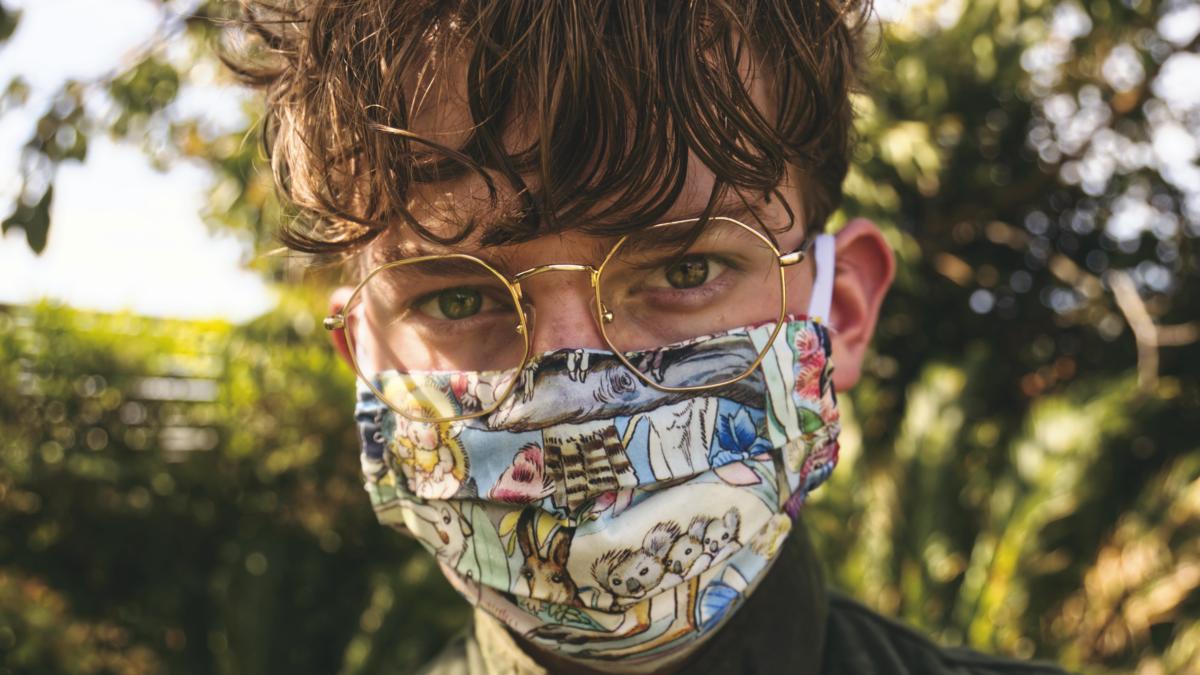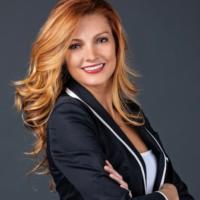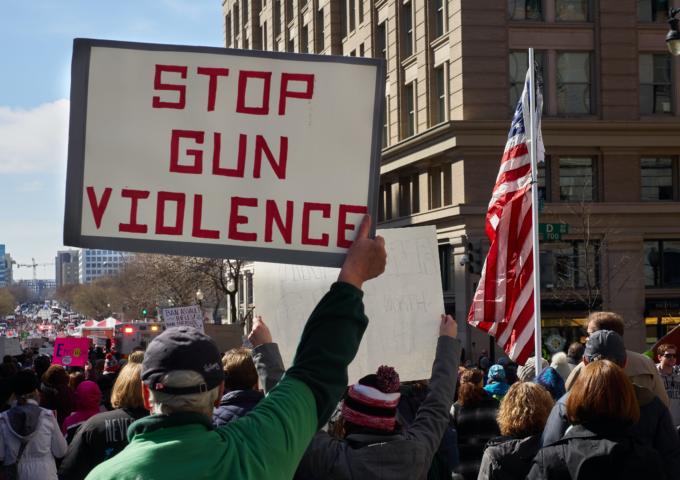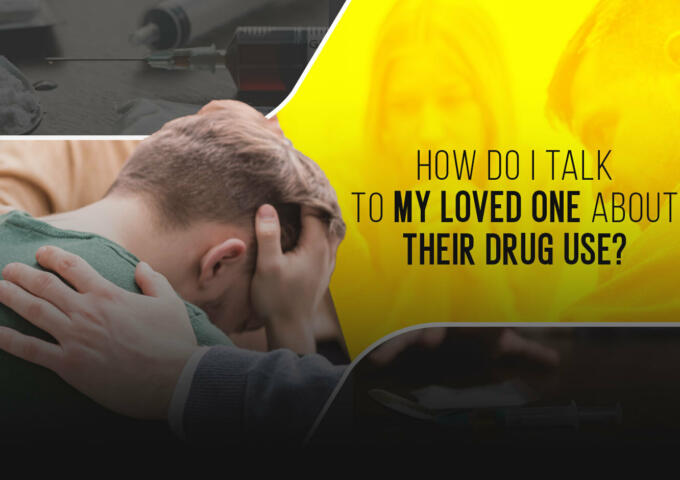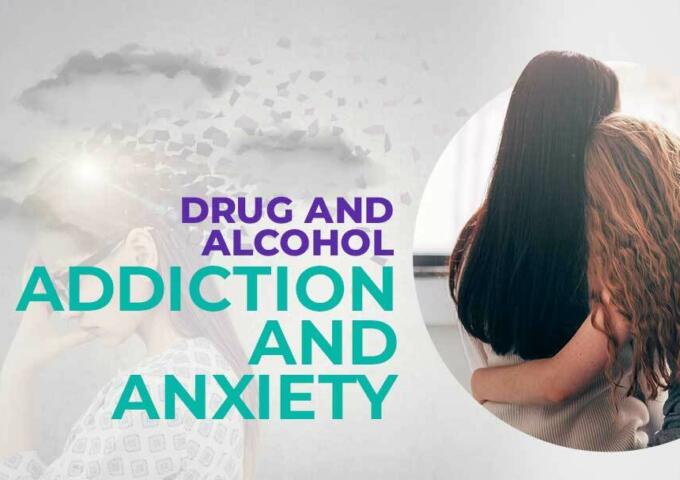I once rejected the now-familiar phrase “new normal,” thinking the days of quarantines, lockdowns, of wearing face masks all the time, constantly using hand sanitizer and struggling with PPE shortages would be relatively short-lived.
My thinking has since changed.
When I listened to Mayor Kenney and Dr. Farley address members of the press on Monday to roll out their sweeping new restrictions on Philadelphians due to the rise in COVID-19 cases, I thought: These seem pretty extreme. And – it’s going to be hard to enforce this, particularly when it comes to gatherings.
Dr. Farley says the virus is spreading within households, in restaurants, in offices, in carpools and his “biggest worry” – that it’s spreading “a little bit everywhere.” Like energy, math, riddles, fake news, TikTok ads, cancel culture, Gritty, the Action News van and God – the coronavirus is everywhere!
On an episode of the Vox podcast, “Today, Explained,” host Sean Rameswaram featured Dr. Aaron Carroll, a professor of pediatrics at Indiana University School of Medicine. The topic of the show was, “Will Covid-19 cancel the holidays?”
Carroll’s short answer was essentially “no way,” though he cautioned listeners to be mindful around other people and practice social distancing. He also said: “We’re in this for the long haul.”
“We need to find ways to live with this now and try to find ways to do all these things safely because abstinence is only going to work for so long,” he said.
I agree. That’s why the city’s new “Safer at Home” restrictions are too severe. Philly could even be met with legal challenges.
So I called up Joshua Prince, chief counsel at the Civil Rights Defense Firm, because he secured a victory for a group of people who sued Gov. Tom Wolf earlier this year over his stay-at-home order and won. A federal judge in Butler County ruled Wolf’s COVID restrictions on gathering limits were unconstitutional and that his business closure mandates violated due process.
“There are a whole host of issues that arise with the types of regulations that Mayor Kenney has announced because of the fact that with gatherings you have issues under the First Amendment,” Prince told me.
“We talk about the different business-type restrictions – you have due process and equal protection issues under the Fourteenth Amendment.”
As colder weather pushes people indoors, we’re likely to see an uptick in COVID cases. We also are testing more than we did six months ago, so we’re going to see more positive results. But small businesses and restaurant and bar owners have pleaded with the city for a seat at the table for a meaningful discussion that results in anything other than a near-total lockdown of their operations.
“I know there are risks staying open, but the consequences of closing and disallowing people to live their lives freely who want to are so bad that maybe we’ve got to do it anyway.”
Jim Kirk, co-owner of the Kite & Key, will be going on 13 years at 13th and Callowhill if he’s able to stay in business. When restrictions on indoor dining were lifted in September, he said he went “above and beyond” to keep his patrons safe inside. That included spacing out tables and installing physical dividers between them.
He criticized the mayor’s new restrictions as putting a stranglehold on the city’s hospitality industry at a time when restaurants are ramping up for the holidays and trying to sell gift cards and run promotions.
“Who’s going to buy a gift card if they don’t know the restaurant will be open in six months?
“If we go back to what we did in the spring, I think that the majority of restaurants in the city will be done. We just can’t survive. Nobody can survive like this,” he said.
And consider for a minute the staggering rate of unemployment as more and more businesses close for good. What is the compromise between taking every measure to save lives from COVID and preventing other deathly ails? When the “nonessential” shopkeeper closes up for the last time, who’s to say they won’t turn to some other lethal device to quell their pain?
For those who lose their jobs and have no idea how they’ll pay their bills or keep a roof over their heads, the ramifications are real. Many will suffer mental, emotional and physical breakdowns, especially those who are lower-income and have no savings to fall back on.
The Indian economist Amartya Sen spent a lot of time during the 1980s writing about famine and poverty in Bengal. He studied food supplies, panic buying, hoarding, price gouging and analyzed socio-economic factors in Bengal that led to declining wages, unemployment, and the like. He is credited with saying that the presence of disease kills, and so does the absence of livelihood.
It seems like we’re going backward. When Kenney allowed indoor dining capacity to increase to 50 percent in September, cases were still rising then – on average of 100 a day. I know there are risks staying open, but the consequences of closing and disallowing people to live their lives freely who want to are so bad that maybe we’ve got to do it anyway.
